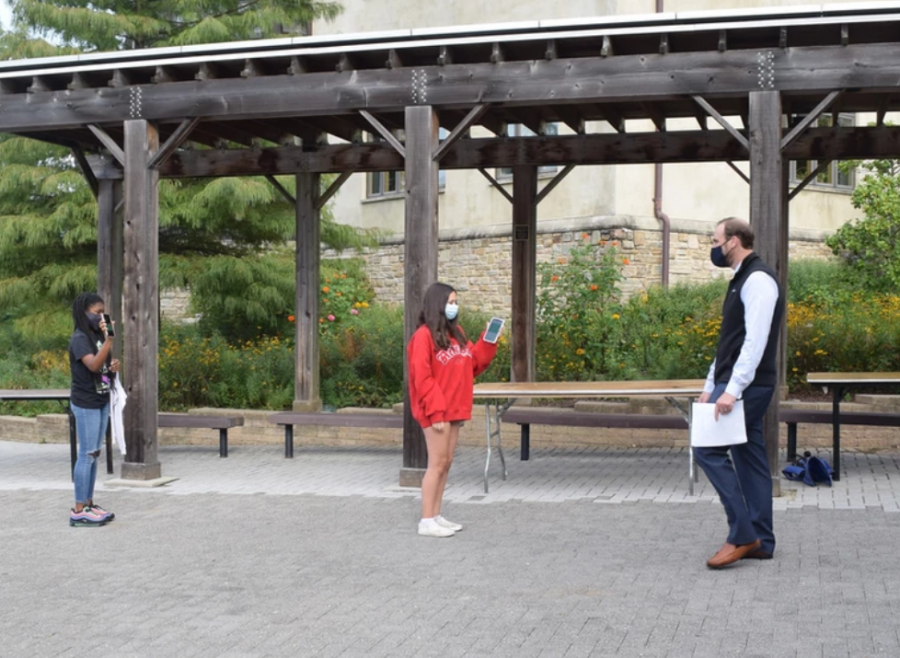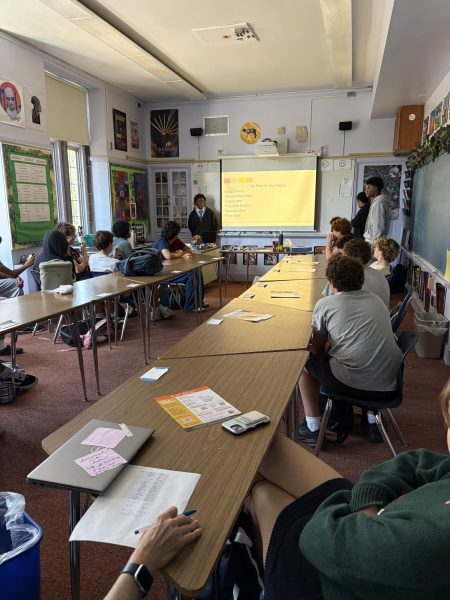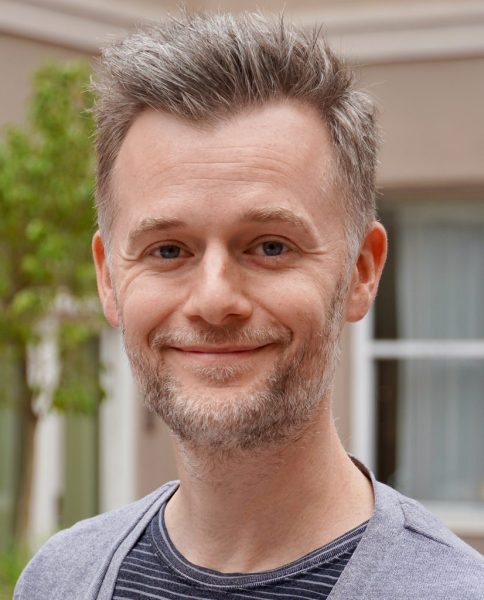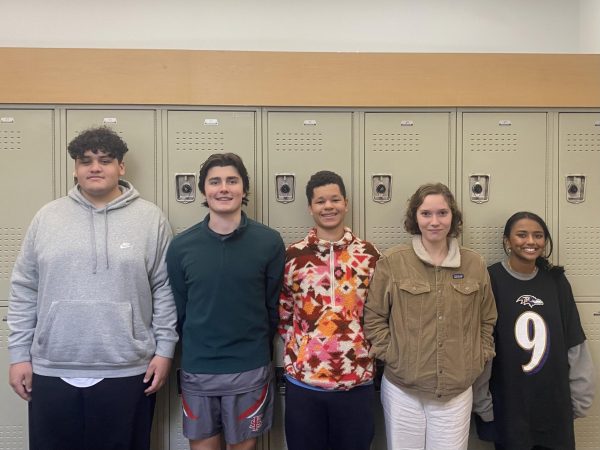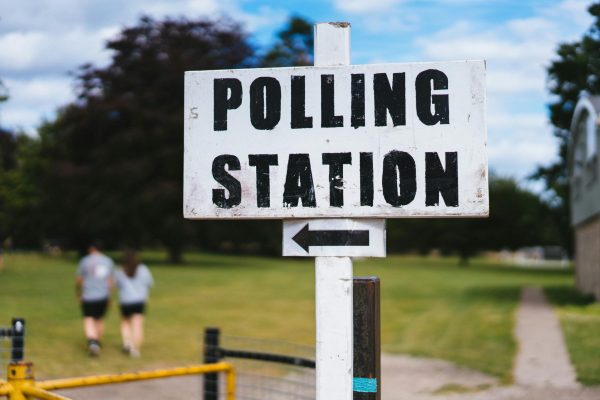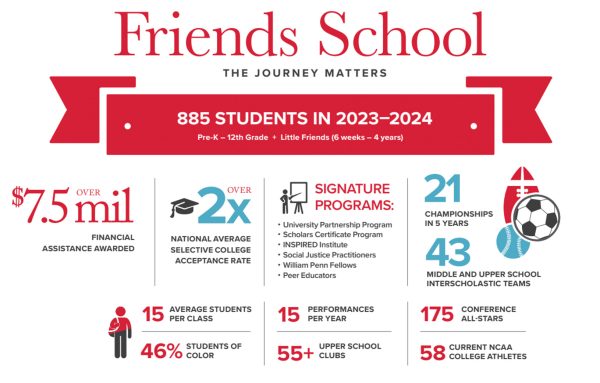From Technology to Tents, Students Return to Campus
Students present their Covid-19 safety questionnaires to Upper School Dean Bill Ball, while standing 6 feet apart
In October, around 300 Friends School of Baltimore Upper School students returned to campus, attentively making their way through the one-way hallways marked with directing arrows. They found once open walkways and grassy areas covered with open-air tents. It was obvious to all that this year was going to be very different than years past.
After over a month of online school, some Upper School students welcomed the shift to in-person learning. Many were thrilled to finally see their friends’ and classmates’ faces in-person instead of over Zoom.
“I definitely prefer being at school because I like actually interacting with people,” said freshman Audrey Lin, at the end of her first day.
Audrey added that working on group projects was definitely easier while she was on campus.
“I could work more fluidly with them,” she said of her group collaborating on a science project, “and we got more work done.”
Freshman Charlotte Hassler agreed. She said that she enjoyed being in-person because she “actually got to interact with and meet the teachers.”
But the first day of in-person school also brought challenges. Complaints about chilly temperatures inside the tents echoed throughout the campus. In answer to a Quaker Quill poll about returning to in-person learning, an overwhelming 89% of freshmen said they were cold in the tents on the first day. After this, some students even carried blankets around with them. Others questioned whether there could be heaters placed in the tents. The administration listened, and when students and teachers returned to school after Thanksgiving break, heaters had been installed in all the tents.
Another challenge was the fact that everyone was not all together as one community. Most classes had a mix of students joining in-person and on Zoom. Many in-person students did not feel connected to the 91 students who were on Zoom.
“I felt like the people on Zoom weren’t really included as much,” said Charlotte.
“There could be a better integration between us and the students at home,” agreed Audrey.
In the Quill poll, 67% of freshmen reflected that they felt disconnected from the students who were not present on campus.
Safety first
Keeping everyone safe was a considerable concern for many students, faculty, and families when going back to school in the middle of a pandemic. In response to the Quill poll, 47% of freshmen answered a 3 or higher on a scale of 1-5 of how concerned they were about safety when returning to campus (1 being not concerned, and 5 being extremely concerned). Friends has taken many precautions to keep the community safe, but there is discourse over whether all of these measures were crucial.
Before entering campus every day, students are required to fill out a Safety App questionnaire, and have their temperature taken upon arrival. Along with the Safety App and temperature scanners, students have plexiglass barriers that they use to separate themselves.
Only 56% of freshmen considered the plexiglass barriers to be an unneeded safety measure.
“We rarely use the plexiglass barriers. I feel like it’s kind of unnecessary because it’s this huge thing we have to carry around and we don’t use it that much,” Audrey added.
Future uncertainty
However, contrary to the students’ opinions about the plexiglass barriers, 83% of freshmen believed that the Safety App is a necessary precaution.
Despite all of the positive feedback about in-person learning, the rising number of cases in Maryland means Friends faces an uncertain future this winter.
On November 11th, Upper School students received an email from Mr. McManus with the abrupt news that they would be returning to distance learning for the rest of the month. In December, students had the option to come back to school, but chose to do so in smaller numbers.
Going back to school on campus brought lots of change, and evidently there is still more change to come. The coronavirus continues to bring uncertainty to how students will be learning and teachers will be teaching, and the Friends community continues to adapt to new circumstances.
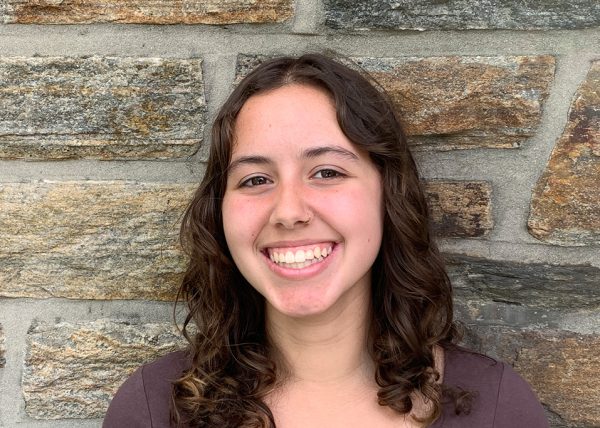
Erin, class of '24, is a co-head of the William Penn Fellows and the Creative Writing club. She is also a captain for the field hockey team. In her free...

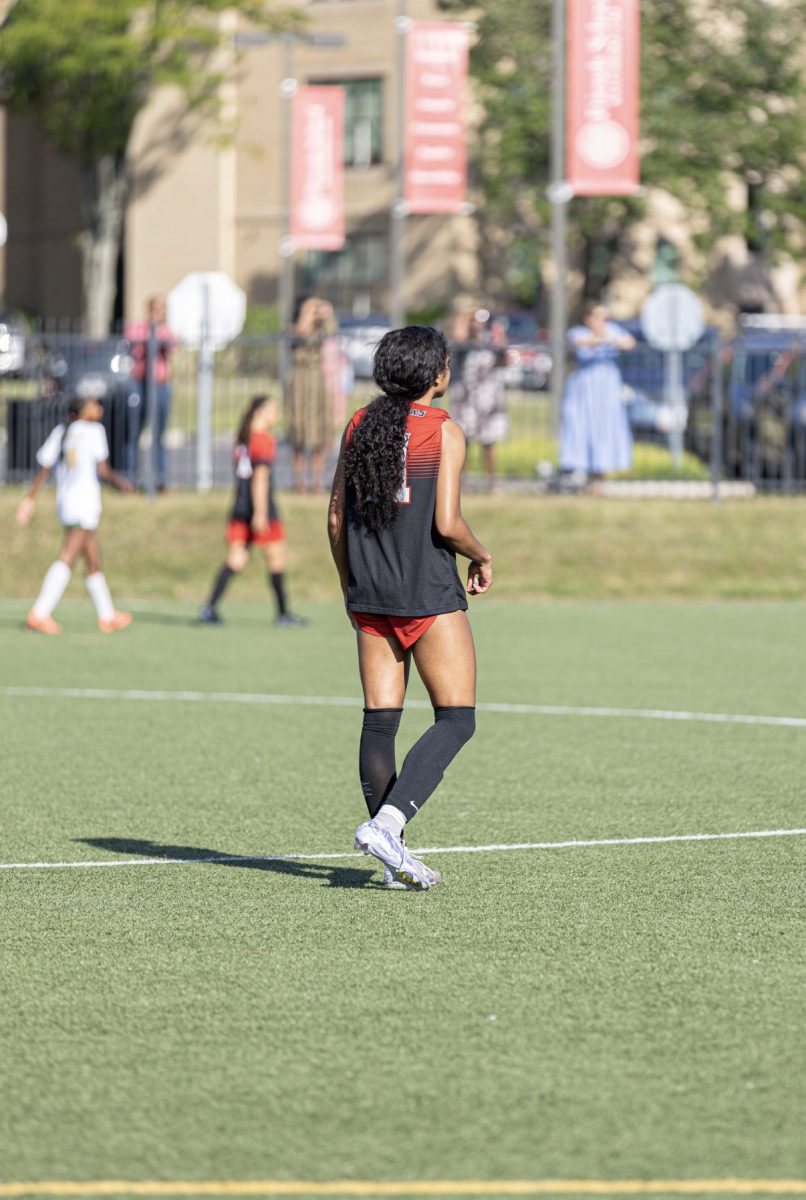
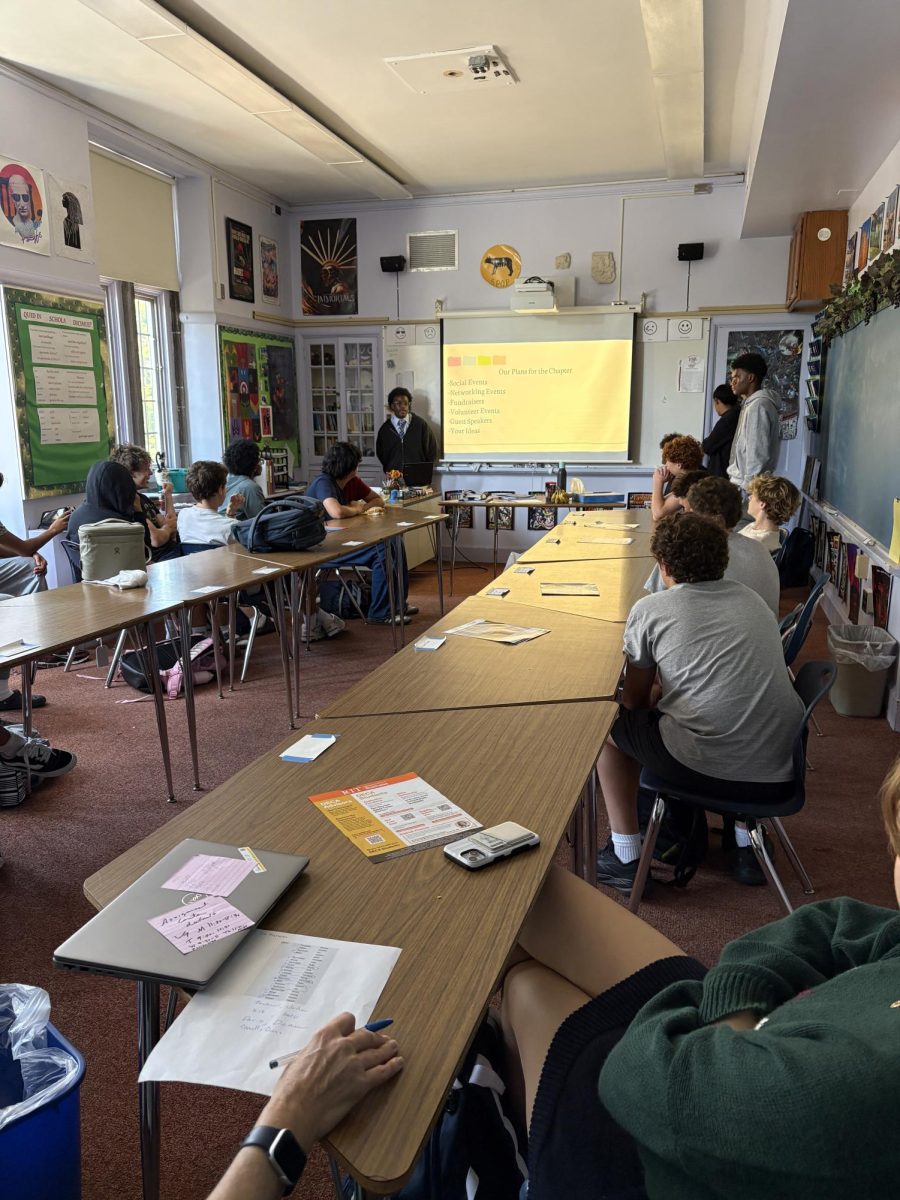
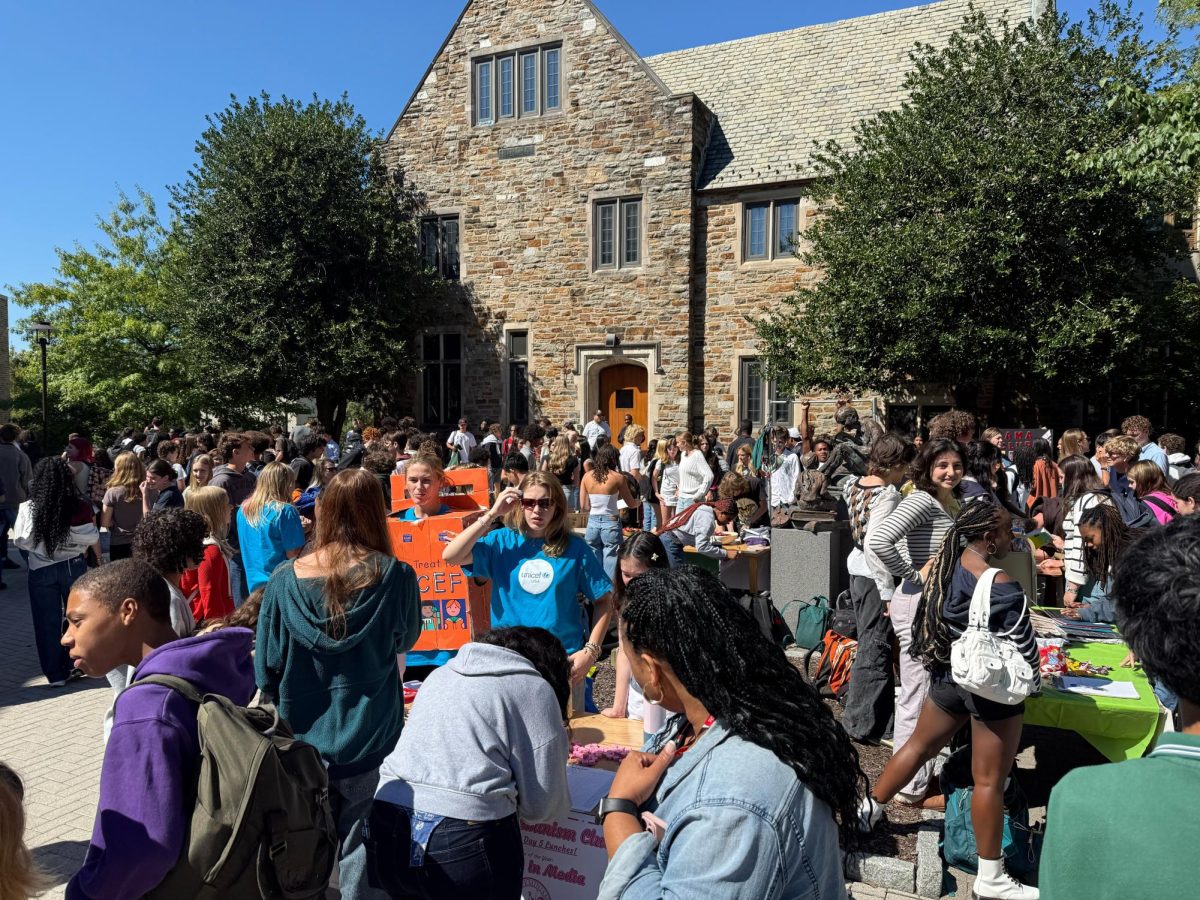
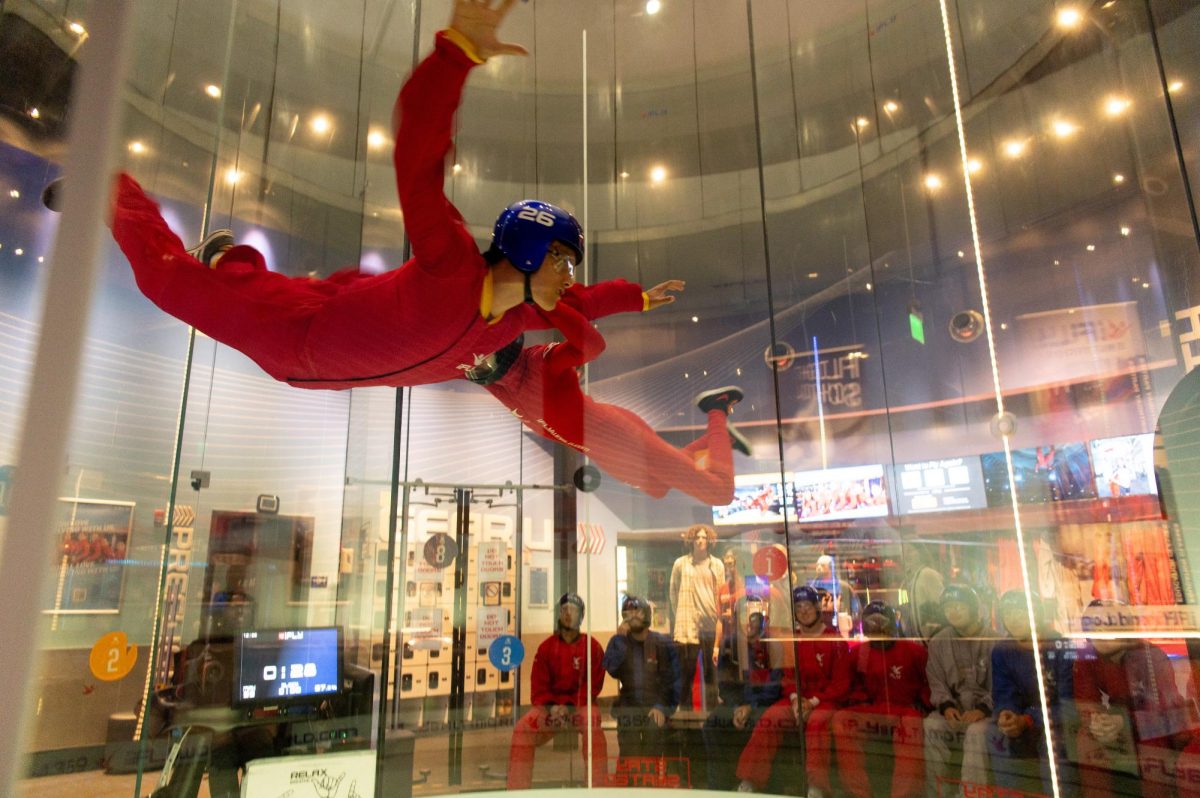
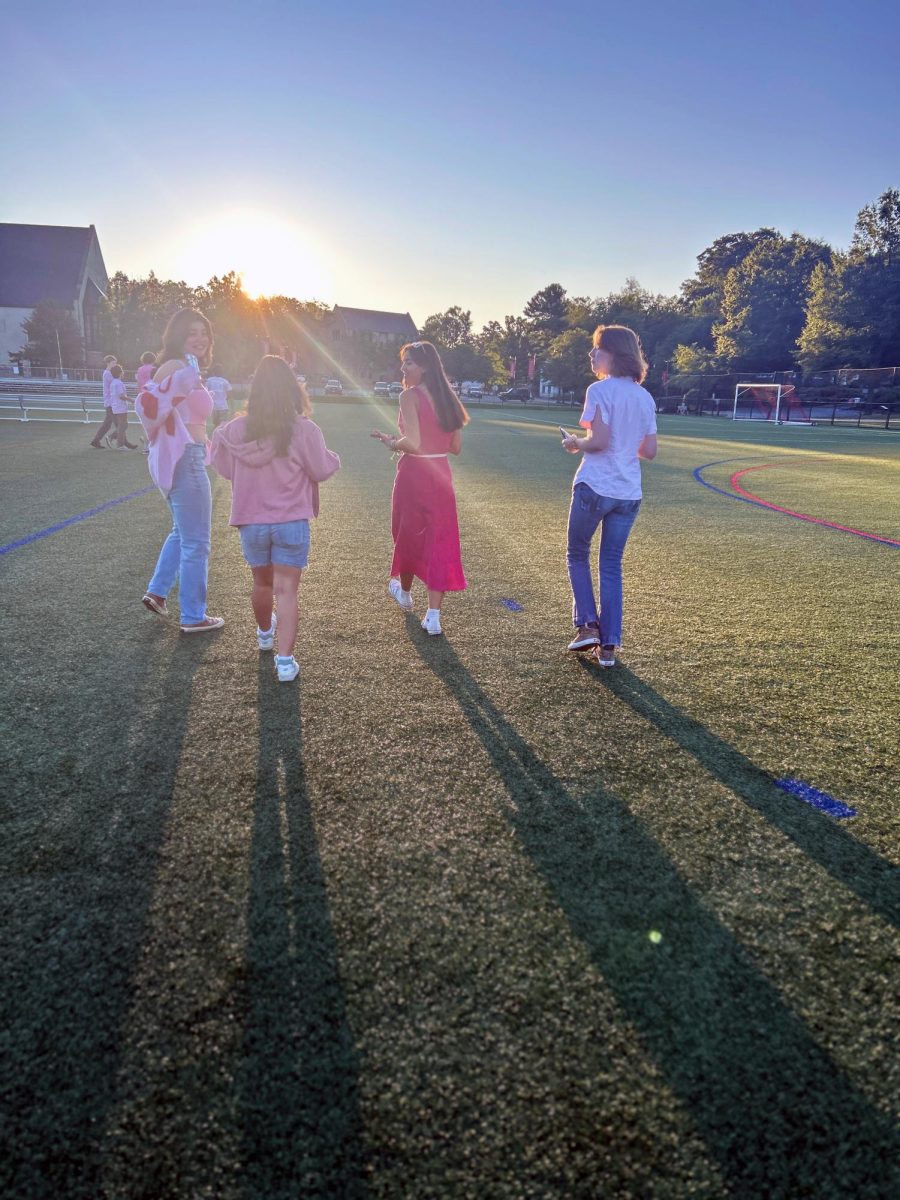
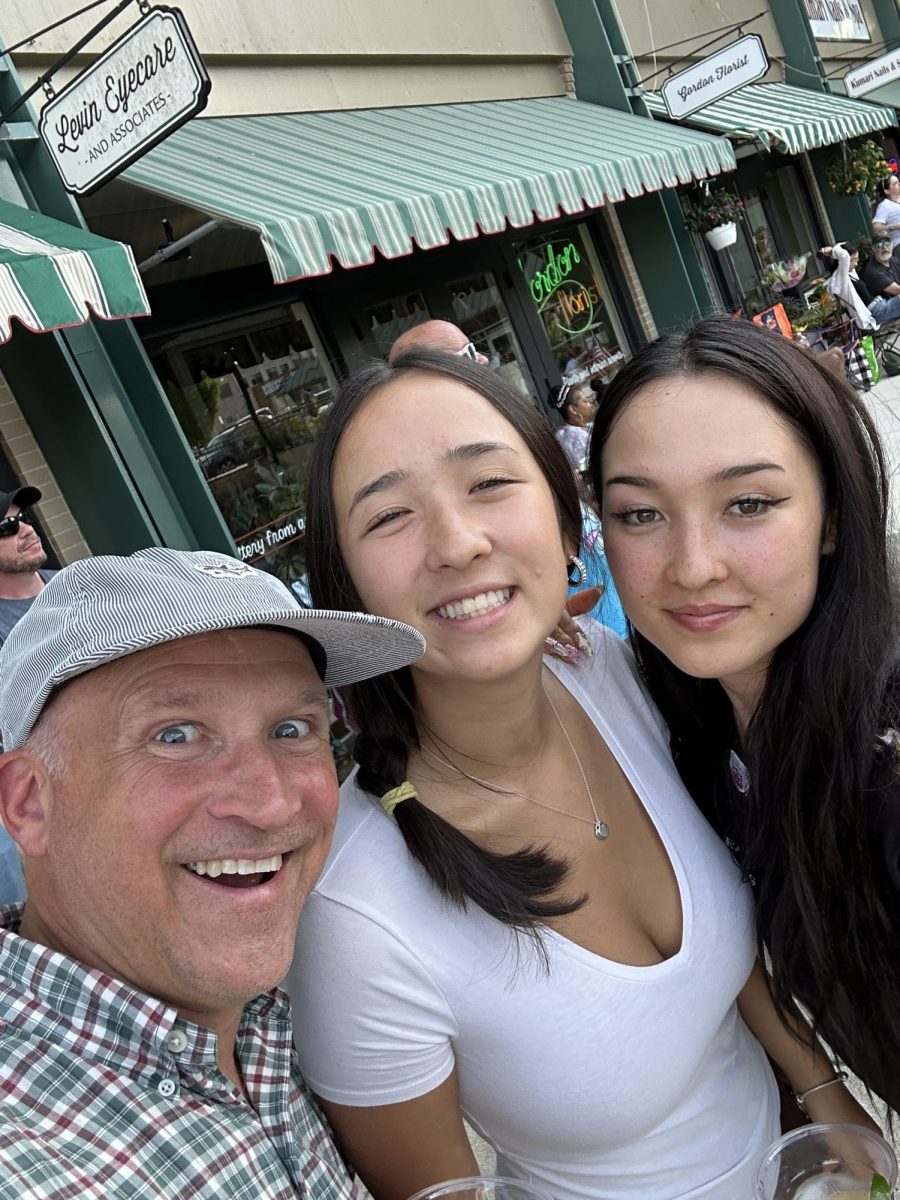

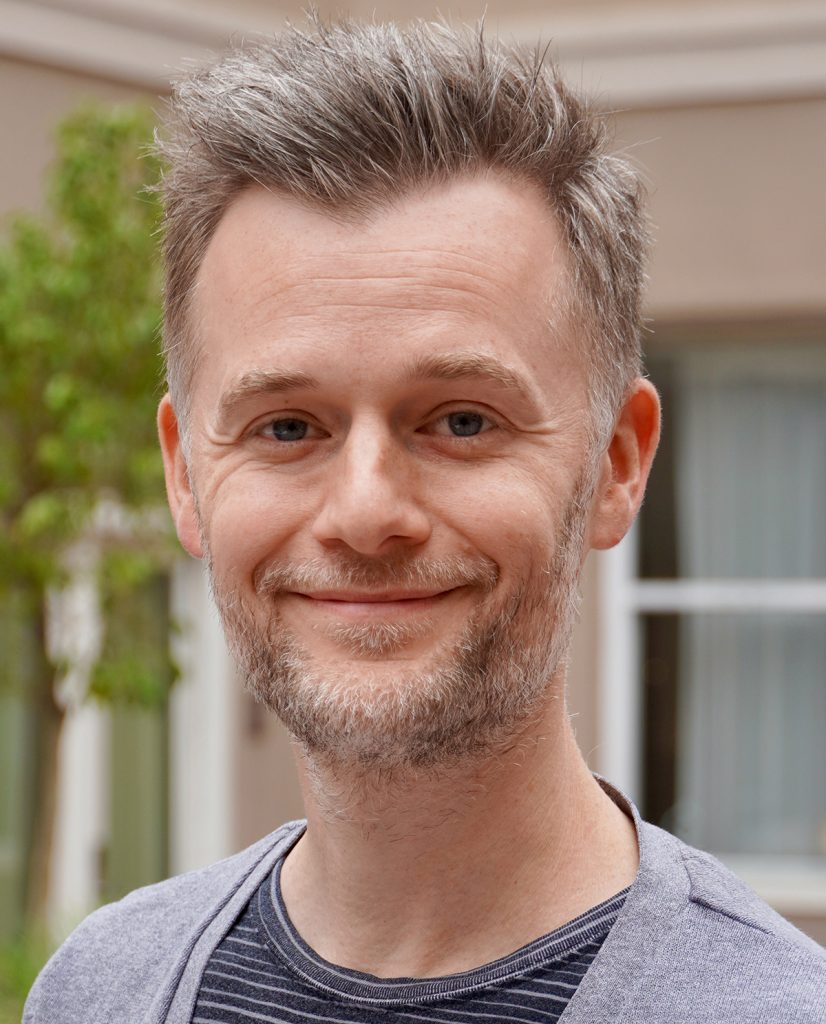

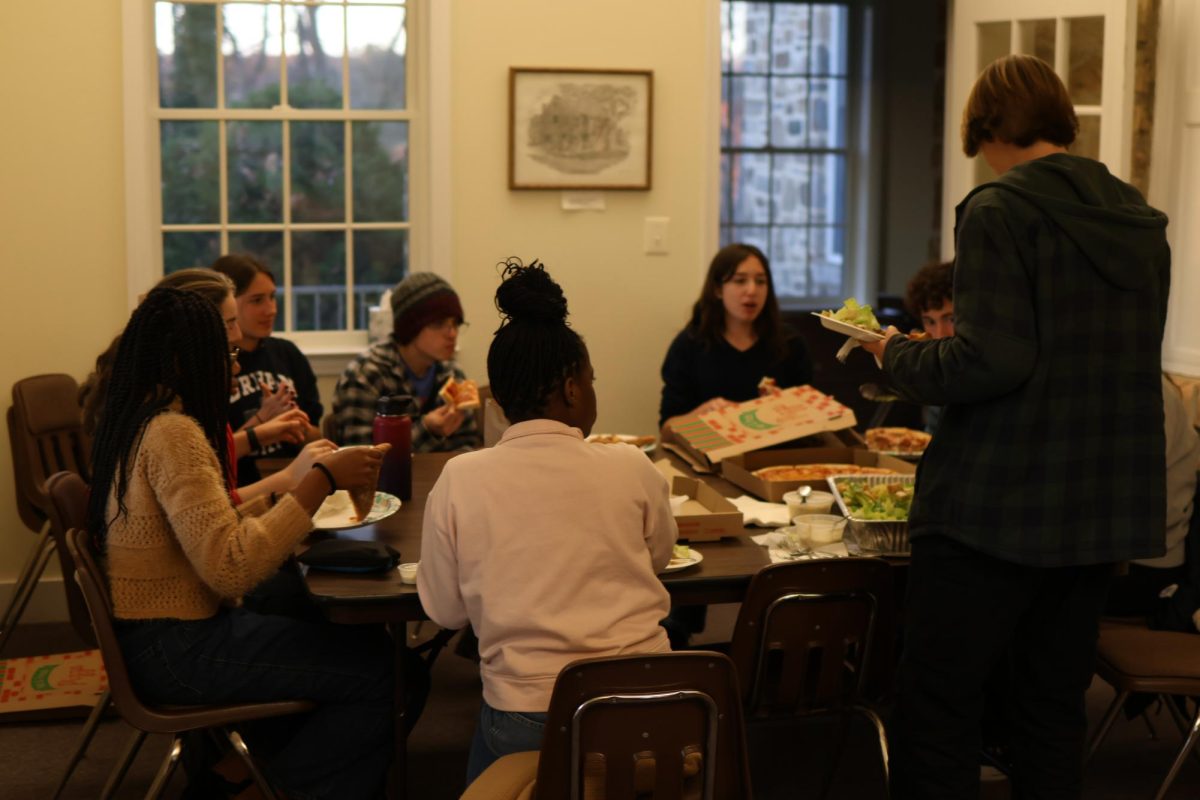
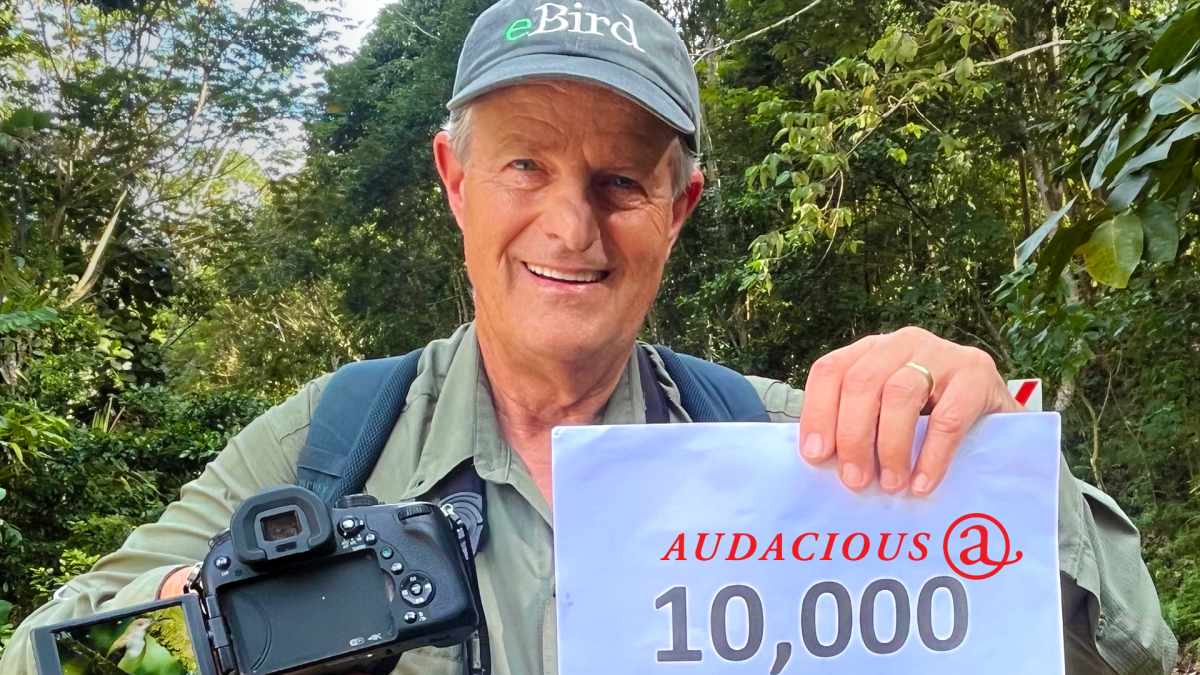
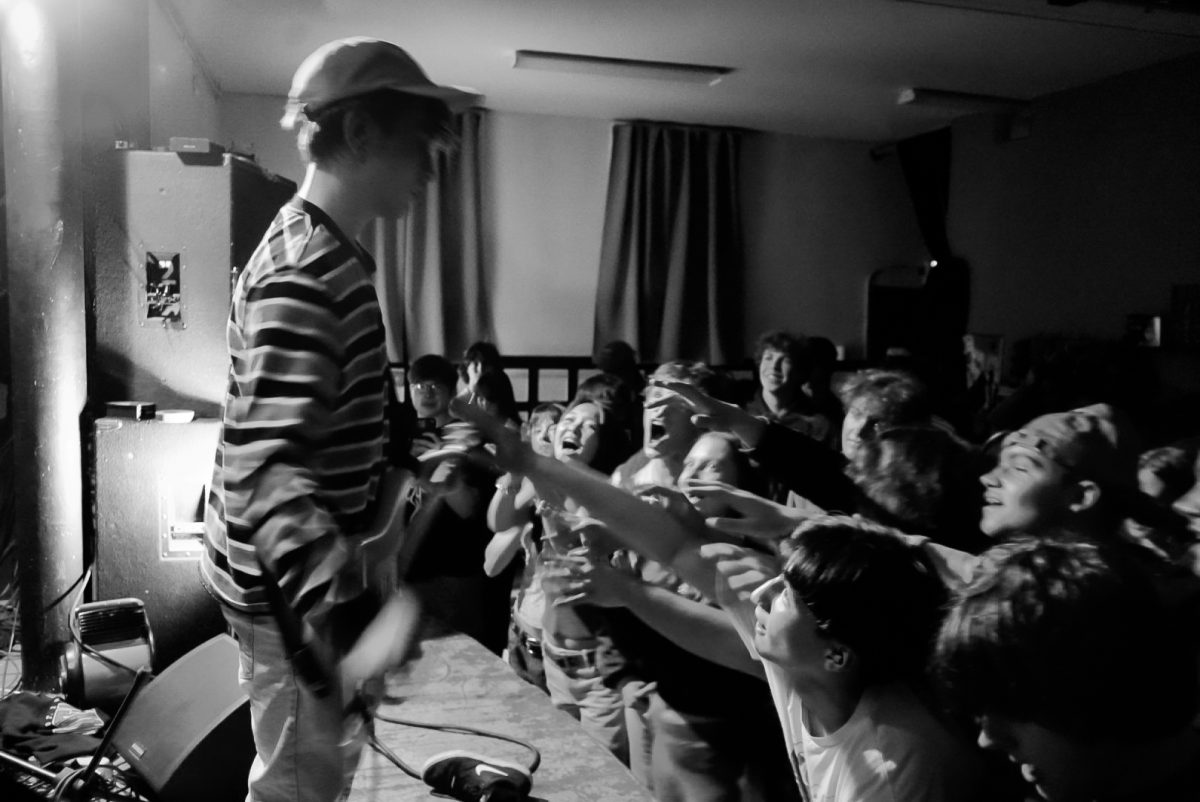
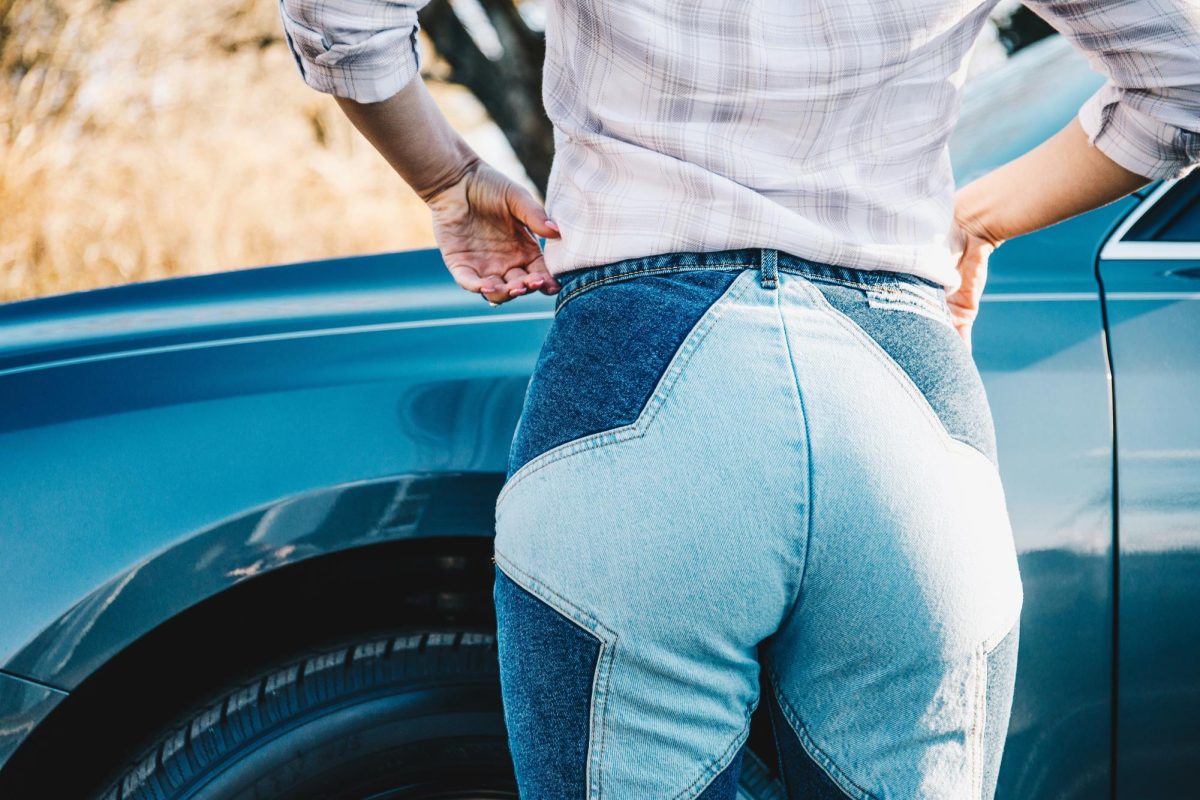
![How Freestyle Club Began [Podcast]](https://thequakerquill.org/wp-content/uploads/2025/05/charly-alvarez-Jv9untmB7G4-unsplash-1200x800.jpg)
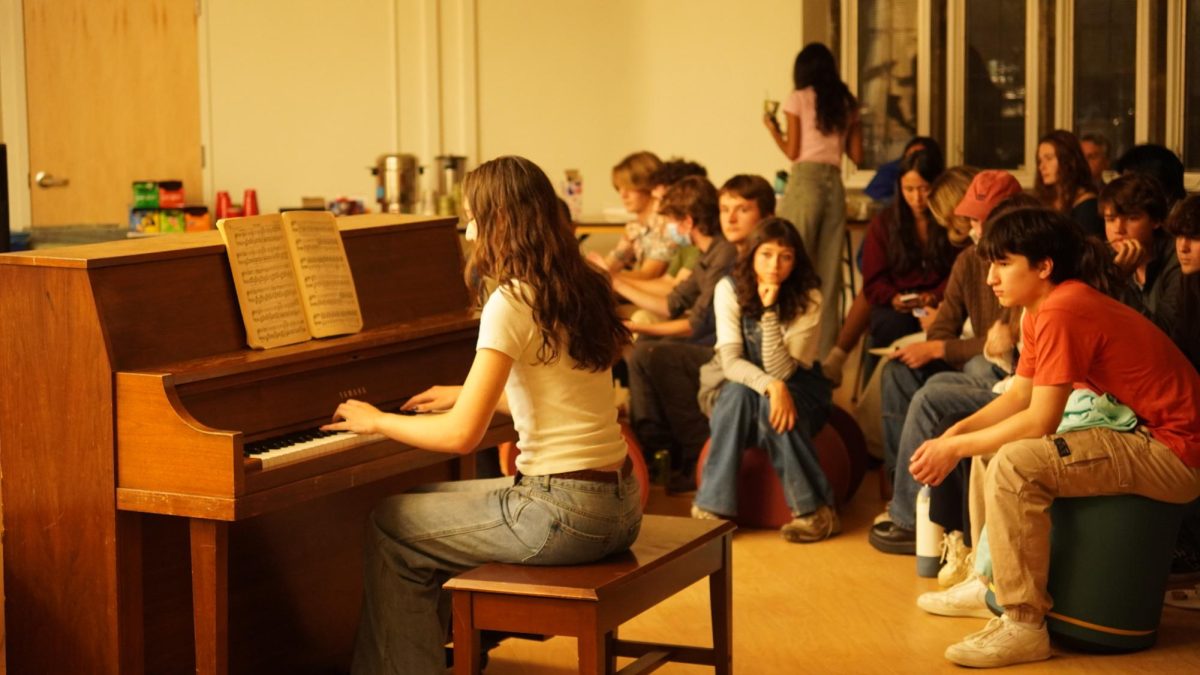
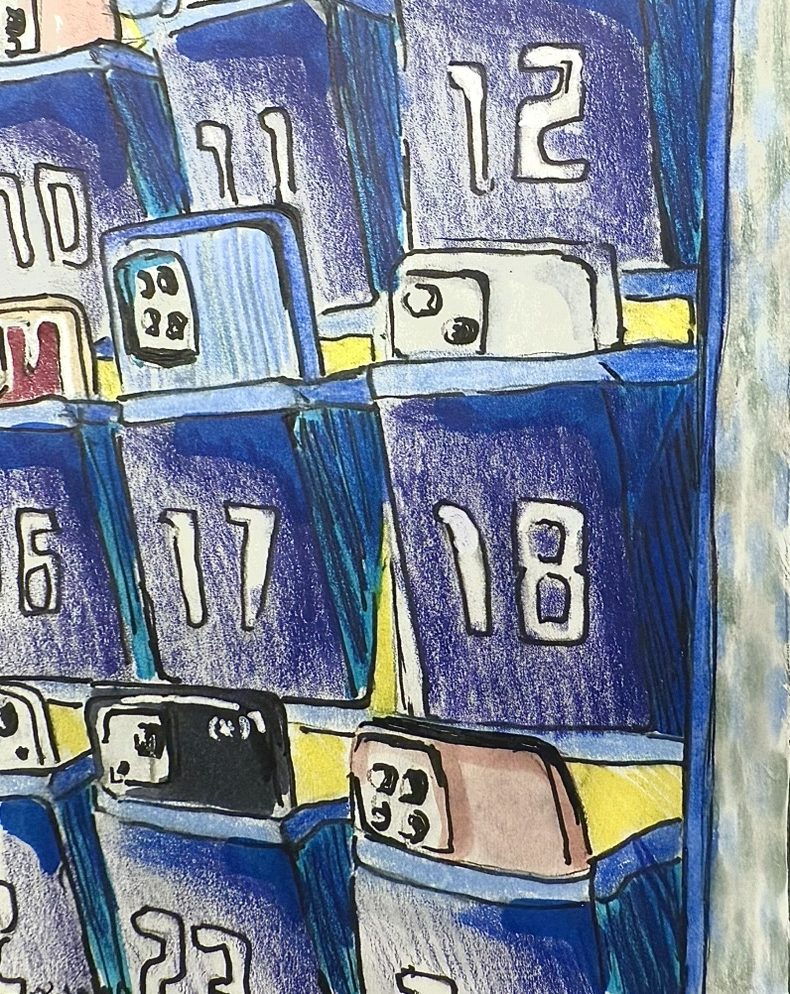
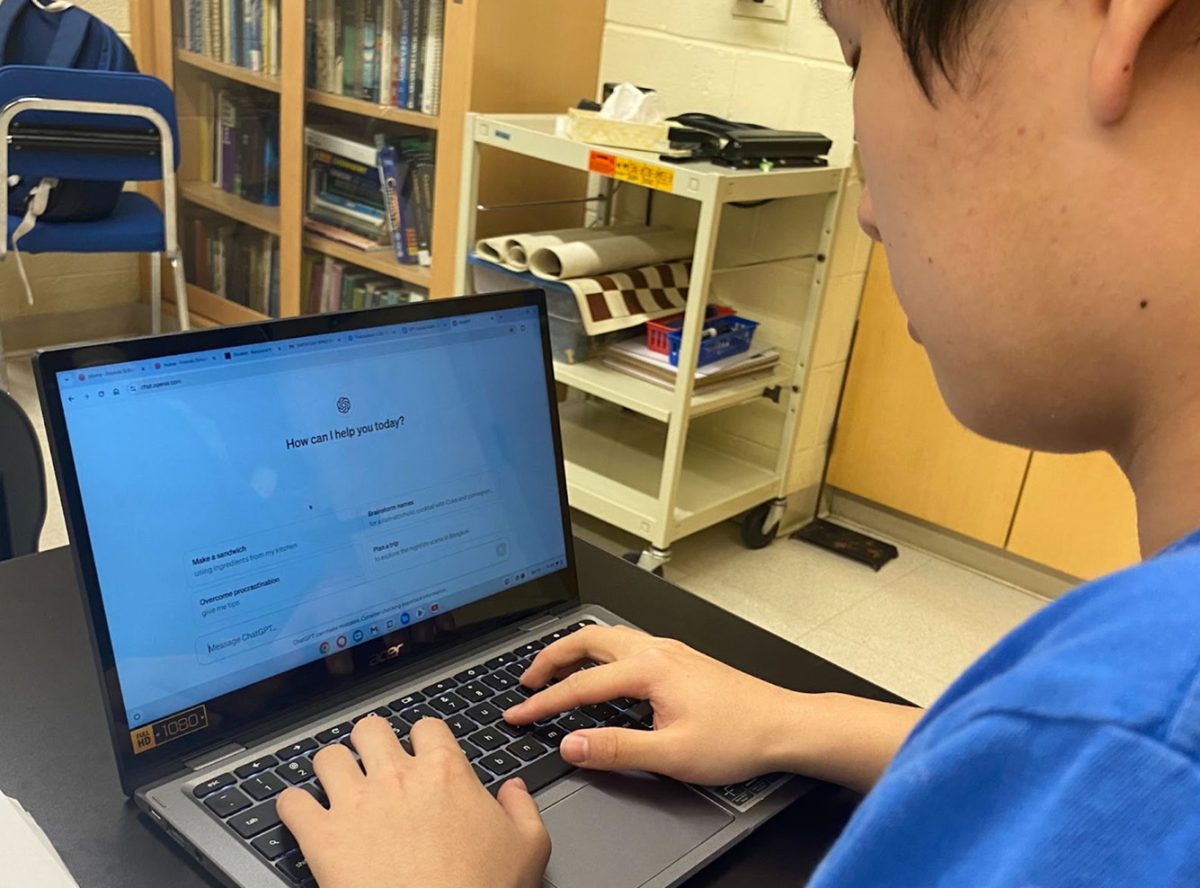
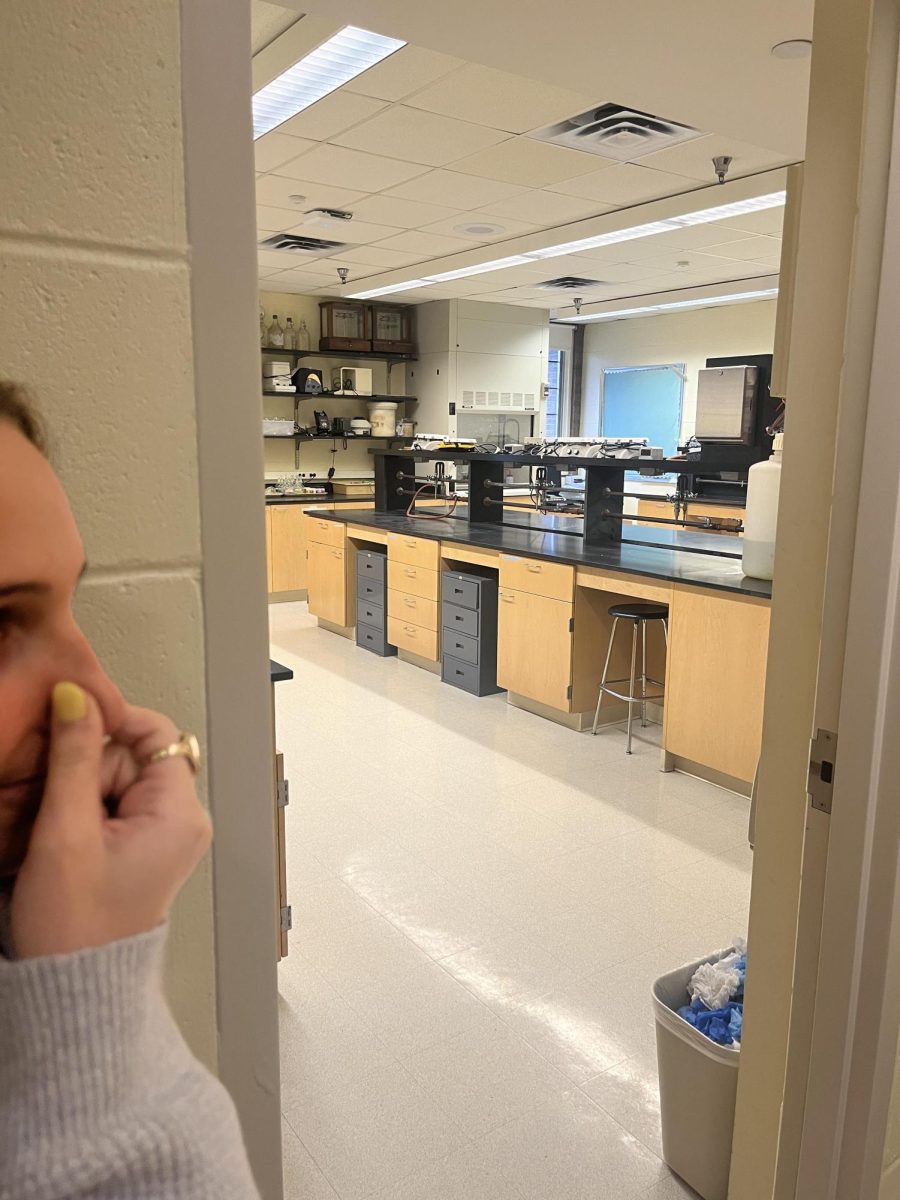

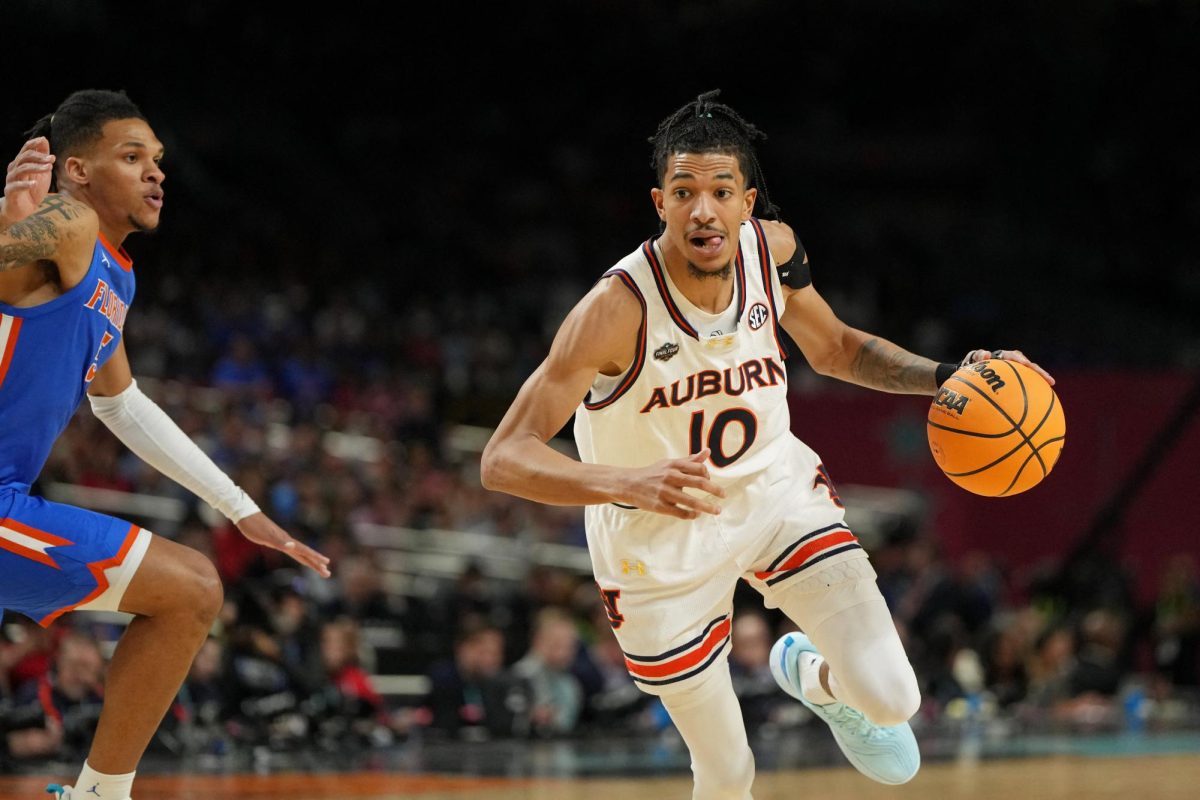

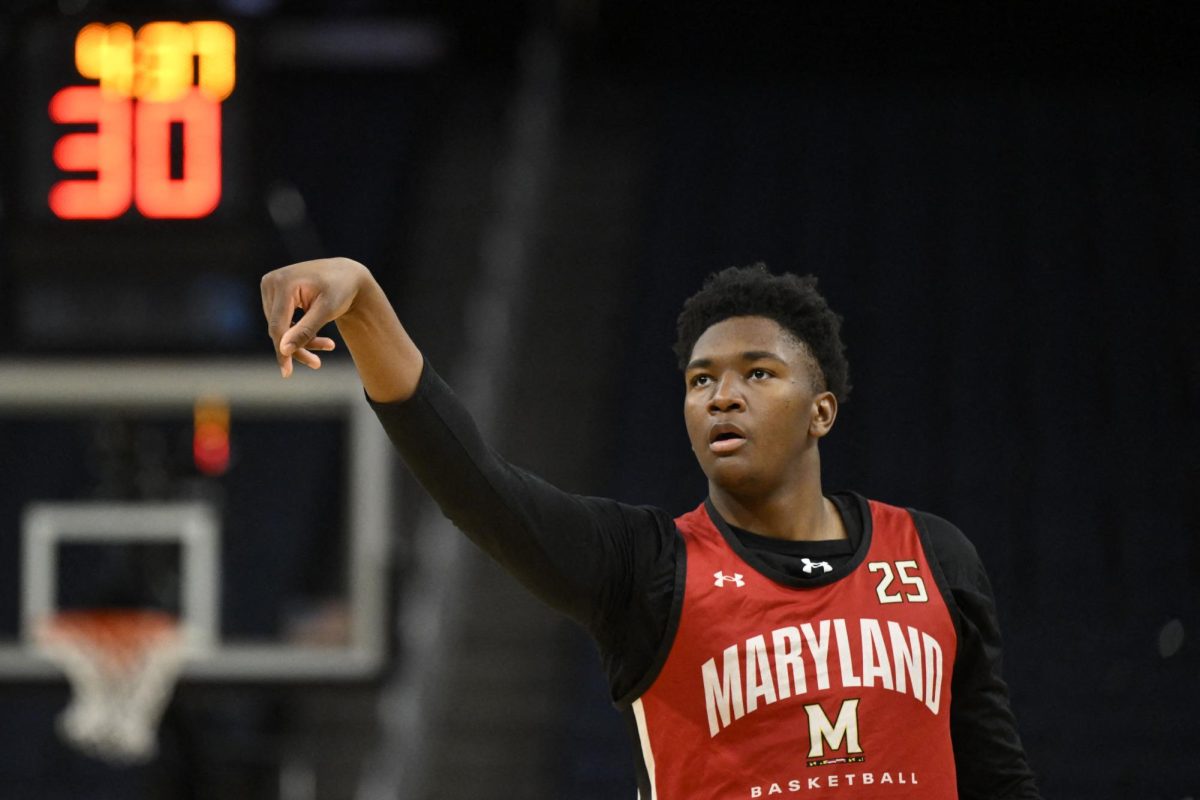
![What makes you feel good about yourself? [Podcast]](https://thequakerquill.org/wp-content/uploads/2025/10/madison-oren-uGP_6CAD-14-unsplash-1200x800.jpg)

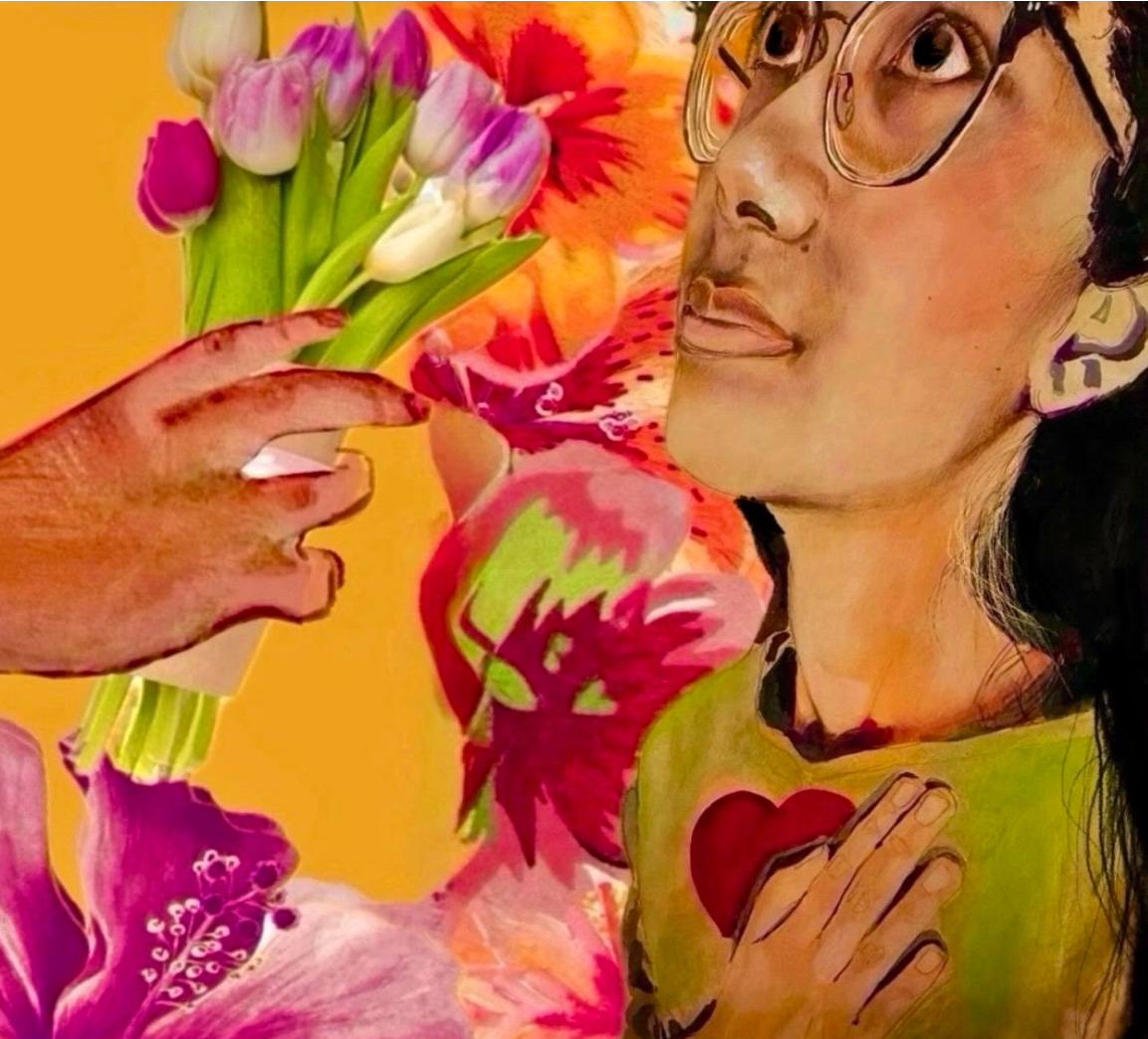


![A Phone Ban at Friends? [Podcast]](https://thequakerquill.org/wp-content/uploads/2025/05/magenta-VrRT19_ZjUY-unsplash-1200x900.jpg)
